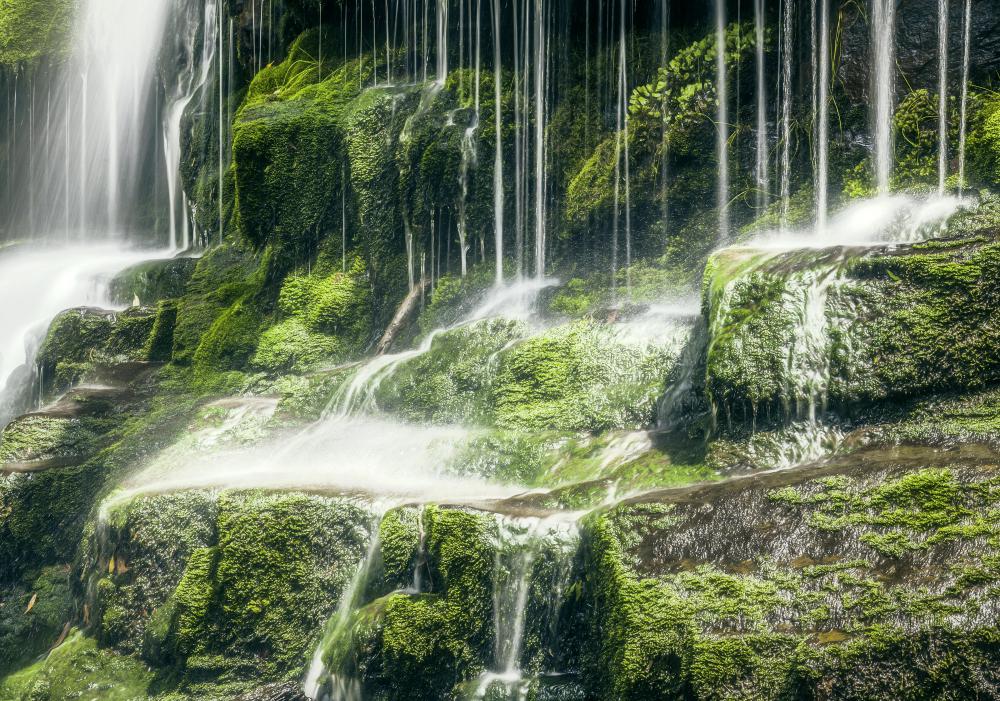At WiseGEEK, we're committed to delivering accurate, trustworthy information. Our expert-authored content is rigorously fact-checked and sourced from credible authorities. Discover how we uphold the highest standards in providing you with reliable knowledge.
What Are the Best Tips for DIY Photography?
DIY photography can be fun, easy, and rewarding, but the photographer will need to make a few decisions before plunging into this rewarding hobby. The photographer should first think about what kind of photography he or she is interested in pursuing; a parent may, for example, simply want to be able to take good photos of his or her children, while a hobbyist may want to expand his or her skills to become a professional photographer. Outlining one's goals is the first step in DIY photography, as this may dictate what kind of equipment is necessary.
A good camera with a good lens is a big difference between a great photo and a poor one. Photography equipment has come down in price over the years, but DIY photography will still require an investment into decent equipment. The photographer should first determine whether he or she is interested in film photography or digital photography. Both are fun and rewarding, though DIY photography that uses film will involve more time and investment in equipment, and some of this equipment may be difficult to come by. Digital photography is great for all ability levels, and a person will be able to see his or her photos immediately on the viewing screen.

Regardless of what camera the photographer is using, the photos produced may look terrible if the lighting is not right. DIY photography can involve simply using ambient light for photos, or it may involve investing in flash units or other lighting equipment to create more interesting photos. Lighting equipment can get expensive, but for the photographer looking to make more professional-looking shots, lights are essential, as are light modifiers such as umbrellas or softboxes. Any professional photographer will tell a new photographer that the key to good lighting is getting the flash off the camera; this means purchasing a flash unit that can be triggered with a cable or with other wireless trigger systems.

Community colleges often offer DIY photography courses that will help a beginning photographer learn to use his or her equipment more effectively. The course may cover lighting techniques, camera basics, tricks and tips, and even processing techniques such as film processing or digital processing on the computer. It is possible to turn a mediocre photo into a good photo in the processing phase, but it is usually not possible to turn a mediocre photo into a great photo; the photographer will need to learn to get the shot right first in order to make great photos.
AS FEATURED ON:
AS FEATURED ON:













Discussion Comments
If you have ever been interested in snorkeling or underwater photography at all, I would really recommend you get either an underwater camera, or an underwater casing for one when you purchase it.
Often you can find them in a sale bundle, so it's not too expensive.
Because, honestly, it's so much more expensive to buy disposable underwater cameras these days. I have only been on a couple of snorkeling trips in the last five years and with both of them, I ended up buying disposable cameras at the last minutes, because the reefs were just so beautiful.
But, hardly anyone processes film now, so the cameras are still sitting in a box somewhere. If I had invested in a cheap, underwater camera in the first place, I would have long ago been able to enjoy the photos.
@pleonasm - You're right, I did a one day course in photography and it opened up whole new aspects of my camera that I'd never considered.
I was always one of those people who just pointed and snapped and trusted the camera to figure out what the best settings were.
But my photos are so much better now. And it's fun to take the light into consideration and so forth.
I'm still not at the level of some of my friends, who are always talking about their photography in terms that I'm not sure I can even understand!
But, I'm happy with the photos I'm taking right now and that's the important thing.
It really is worth taking one of those beginner camera courses. I didn't realize how much I didn't know until I took one.
I don't even want to take photos for sale or anything, but it is still lovely to know that if I need to I can snap a shot that is worth putting in a frame.
It's not enough to just let the camera take over and adjust the picture for you. Being able to put it into manual settings and adjust everything makes it so much better and gives you so much more flexibility.
I would suggest going into the course with the camera you intend to use, so that you can learn where everything is on it. And go slowly. You don't have to book into a huge course in the beginning. Even a one day class can be extremely helpful for DIY photography projects.
Post your comments